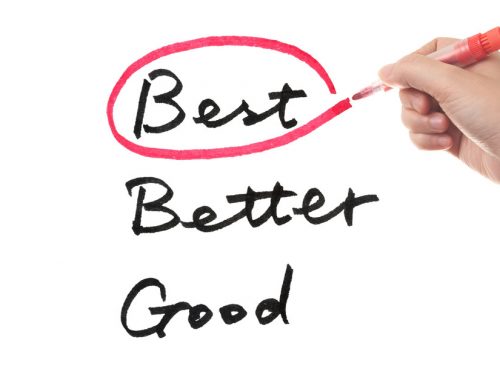Social media has become a major part of many teenagers’ lives, shaping how they connect, communicate, and see the world. While it offers benefits like staying in touch with friends and accessing information, it also has significant downsides. One of the biggest concerns is its negative impact on teens’ mental health. Excessive social media use can cause teens to develop bad sleep patterns, have low self esteem, and be less productive. The constant exposure to curated images, unrealistic standards, and online pressure can create harmful comparisons and emotional distress. Understanding these negative effects is essential to helping teens develop a healthier relationship with social media.
A Culture of Comparison
Social media can be harmful to teens’ mental health because it creates an overwhelming flow of information. With constant exposure to handpicked content, teens are more likely to compare themselves and their lives to others. Seeing what people are wearing, doing, or achieving can make their own lives feel inadequate. Since social media often acts as a highlight reel—where people share only their best moments—these comparisons are unrealistic and unfair. This can lead to feelings of insecurity and low self-esteem. The continuous exposure to content that makes life seem perfect for others can make teens feel worse about their own experiences.
Disrupts Sleep Patterns
When teens use social media excessively, it can disrupt their sleep patterns by encouraging late- night screen use, which interferes with their natural sleep cycle. The blue light emitted by phones and other devices suppresses melatonin production, making it harder for teens to fall asleep. Additionally, the constant notifications and the fear of missing out (FOMO) keep them engaged long past bedtime, leading to insufficient rest. Scrolling through stimulating content can also increase anxiety and stress, making it difficult to relax before sleep. Over time, this sleep disruption can negatively impact their mood, concentration, and overall health.
Reduced Productivity
Social media can be highly time-consuming, offering quick entertainment and instant gratification, which can become addictive. When teens spend excessive time on social media, it takes away from time they could be using for more productive activities. This often leads to feelings of regret, laziness, and procrastination. Not only do necessary tasks remain unfinished, but teens may also feel worthless for not accomplishing what they intended. By spending less time on social media, teens can free up more time to focus on tasks and be more productive. Social media significantly affects teens’ mental health by fostering a constant culture of comparison, disrupting healthy sleep patterns, and reducing productivity. The addictive nature of these platforms diverts time from productive activities, further contributing to feelings of inadequacy and stress. Together, these factors create a challenging environment for teens, highlighting the urgent need for awareness and healthier digital habits.
For more tips and guidance, feel free to reach out to the counselors at Northwest Family Counseling by calling 763-220-2312 or visit us online @ www.northwestfamilycounseling.com


